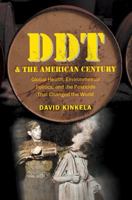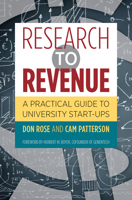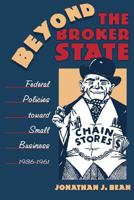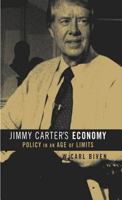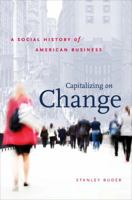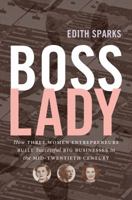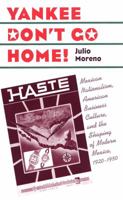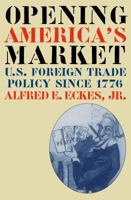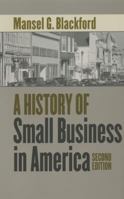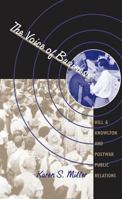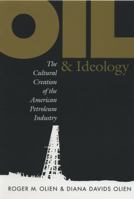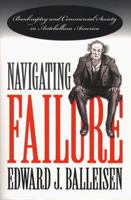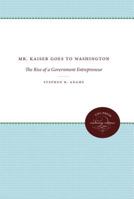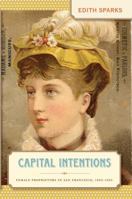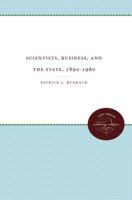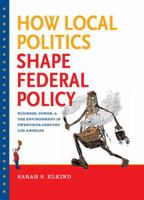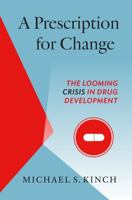America and the Japanese Miracle: The Cold War Context of Japan's Postwar Economic Revival, 1950-1960
(Part of the Luther H. Hodges Jr. and Luther H. Hodges Sr. Series on Business, Entrepreneurship, and Public Policy Series)
In this book, Aaron Forsberg presents an arresting account of Japan's postwar economic resurgence in a world polarized by the Cold War. His fresh interpretation highlights the many connections between Japan's economic revival and changes that occurred in the wider world during the 1950s.
Drawing on a wealth of recently released American, British, and Japanese archival records, Forsberg demonstrates that American Cold War strategy and the U.S. commitment to liberal trade played a central role in promoting Japanese economic welfare and in forging the economic relationship between Japan and the United States. The price of economic opportunity and interdependence, however, was a strong undercurrent of mutual frustration, as patterns of conflict and compromise over trade, investment, and relations with China continued to characterize the postwar U.S.-Japanese relationship.
Forsberg's emphasis on the dynamic interaction of Cold War strategy, the business environment, and Japanese development challenges "revisionist" interpretations of Japan's success. In exploring the complex origins of the U.S.-led international economy that has outlasted the Cold War, Forsberg refutes the claim that the U.S. government sacrificed American commercial interests in favor of its military partnership with Japan.
Drawing on a wealth of recently released American, British, and Japanese archival records, Forsberg demonstrates that American Cold War strategy and the U.S. commitment to liberal trade played a central role in promoting Japanese economic welfare and in forging the economic relationship between Japan and the United States. The price of economic opportunity and interdependence, however, was a strong undercurrent of mutual frustration, as patterns of conflict and compromise over trade, investment, and relations with China continued to characterize the postwar U.S.-Japanese relationship.
Forsberg's emphasis on the dynamic interaction of Cold War strategy, the business environment, and Japanese development challenges "revisionist" interpretations of Japan's success. In exploring the complex origins of the U.S.-led international economy that has outlasted the Cold War, Forsberg refutes the claim that the U.S. government sacrificed American commercial interests in favor of its military partnership with Japan.
Format:Hardcover
Language:English
ISBN:080782528X
ISBN13:9780807825280
Release Date:January 2000
Publisher:University of North Carolina Press
Length:352 Pages
Weight:1.40 lbs.
Dimensions:1.1" x 6.1" x 9.6"
Based on Your Recent Browsing
Customer Reviews
0 customer rating | 0 review
There are currently no reviews. Be the first to review this work.





















